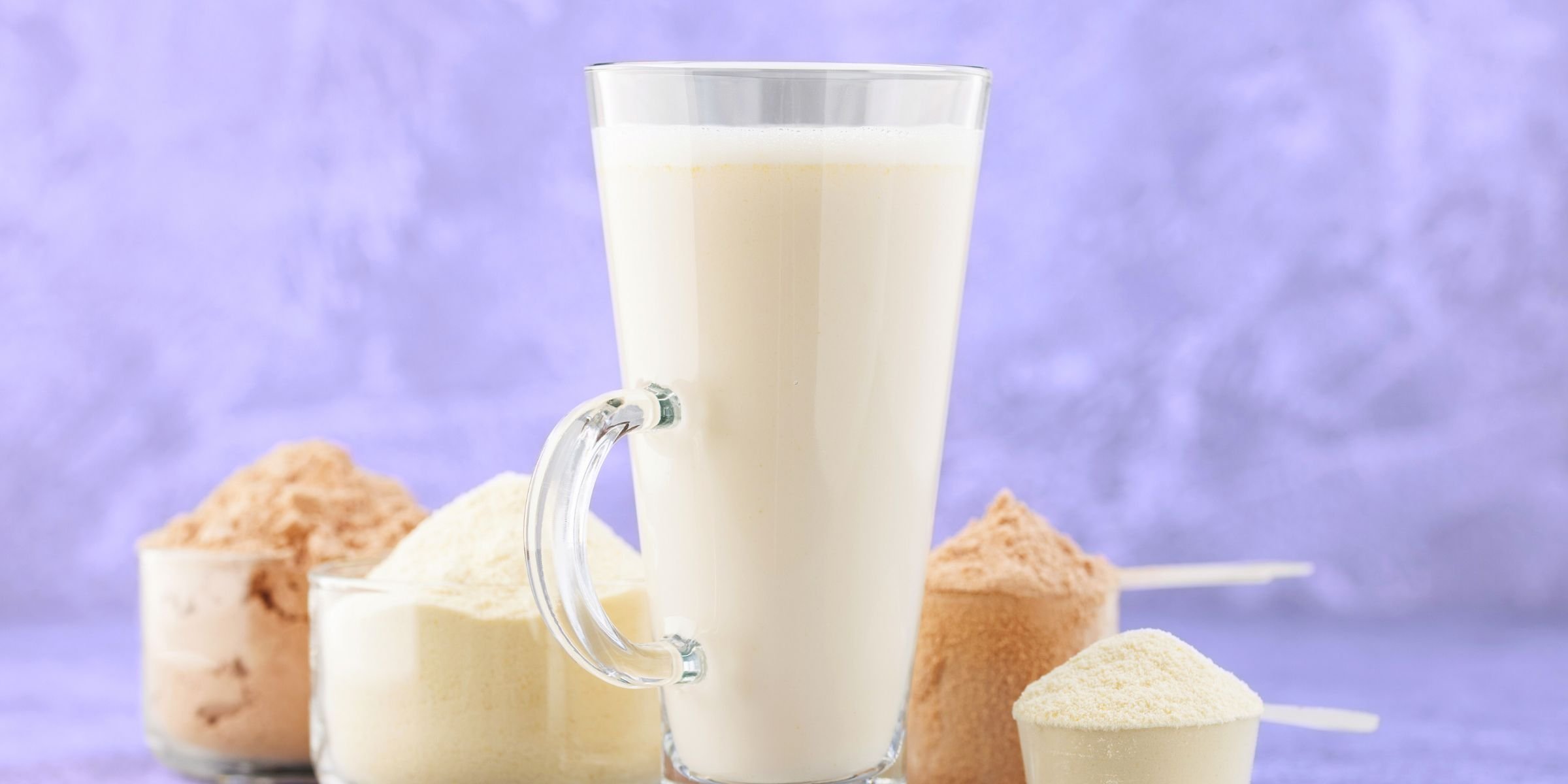
Key Takeaways:
- High-impact protein supports muscle growth and repair.
- Incorporating protein into your diet can help with weight management.
- Choosing suitable protein sources is essential for overall health.
- There are many delicious and convenient protein options available.
- Scientific research supports the benefits of a high-protein diet.
Why High-Impact Protein Is Essential
High-impact protein is crucial in maintaining and repairing body tissues, making it indispensable for our health. When it comes to supporting overall fitness and well-being, protein serves as a fundamental building block. For athletes and fitness enthusiasts, sufficient protein intake is non-negotiable. Products such as Power Life High Impact Whey Protein are crafted to meet these needs seamlessly, offering an easy and efficient way to incorporate more protein into your daily regimen.
Beyond muscle repair, protein is essential for various bodily functions, including hormone production, enzyme activity, and immune system support. People who regularly work out, especially those engaging in weightlifting or high-intensity interval training, understand the importance of protein for muscle recovery and energy replenishment.

The Role of Protein in Muscle Growth and Repair
Protein is the fundamental building block of muscles. Hence, consuming adequate protein can significantly enhance muscle growth and repair. After an intense workout, muscles break down, requiring ample protein for rebuilding and strengthening. Numerous studies support the role of protein in muscle repair and emphasize the importance of post-workout protein intake.
Individuals should consider incorporating high-quality protein sources into their diet for optimal recovery and muscle growth immediately after exercise. Online resources underline the necessity of balancing protein with other vital nutrients to maximize recovery and muscle gains.

Protein for Weight Management
Interestingly, protein is not just for athletes or bodybuilders; it is also highly beneficial for those looking to manage their weight. High-protein diets have been linked to increased feelings of fullness and reduced hunger cravings. When you consume a protein-rich diet, the satiety levels increase, curbing the urge to snack frequently. By feeling fuller for longer, individuals are less likely to overeat, making weight management more achievable.
Furthermore, protein has a more significant thermic effect than fats and carbohydrates, resulting in the body expending more calories to digest and metabolize protein than other nutrients. This can result in improved weight loss and management in the long run.

Choosing the Right Sources of Protein
Not all protein sources are created equal. While meat, dairy, and eggs are well-known protein-rich foods, numerous plant-based options like beans, lentils, nuts, and quinoa exist. It is essential to vary your protein sources to maintain a well-rounded diet with all necessary amino acids.
It is important to mention that plant-based proteins may be missing certain essential amino acids, but by blending various plant sources, you can achieve a full protein profile. According to health experts, utilizing a mix of animal and plant-based proteins offers a well-rounded nutrient intake crucial for overall health. For instance, pairing beans with rice or hummus with whole-grain pita can deliver a complete amino acid profile similar to animal proteins.

Delicious and Convenient Protein Options
Gone are the days when hitting your protein targets meant eating bland, repetitive meals. Today, the market offers a variety of delicious and convenient options to meet your protein needs. From protein smoothies to bars and flavored protein powders, it’s easier than ever to incorporate protein into your diet without sacrificing taste.
High-quality protein products, like the new strawberry vanilla flavor, offer nutrition and cater to your taste buds. These products make it convenient to maintain a high-protein diet, especially for those with a busy lifestyle. These convenient options can simplify achieving your dietary goals without compromising flavor or quality.

The Science Behind High-Protein Diets
- Protein helps repair tissues damaged during exercise. When you work out, especially during weightlifting or resistance training, your muscles experience tiny tears. Consuming protein helps repair these tears, increasing muscle growth and strength.
- High-protein diets promote overall cardiovascular health. A diet rich in protein can help lower blood pressure, and some studies have shown a correlation between protein intake and a lower risk of heart-related issues. The amino acids found in protein help widen blood vessels, which enhances blood circulation.
- Studies show that protein intake positively impacts bone health and density. Increased protein consumption is associated with improved bone density, a crucial factor in aging individuals. Sufficient protein intake is essential for keeping the skeletal system strong and lowering the chances of fractures and osteoporosis.

Practical Tips for Increasing Protein Intake
If you’re looking to boost your protein intake, consider these practical tips:
- Add protein-rich snacks like Greek yogurt or beef jerky to your daily routine. These delicious snacks are packed with protein, making them an easy go-to for anyone needing a protein boost.
- Swap out carbohydrate-heavy meals for protein-centric ones, such as replacing pasta with quinoa or choosing a salad topped with grilled chicken or tofu. These swaps can significantly increase your daily protein intake while providing other essential nutrients.
- Incorporate protein supplements like whey powder into your diet. Whether adding a scoop to your morning smoothie or using it in baked goods, protein powder is a versatile way to increase your protein consumption.
- Experiment with high-protein recipes to keep meals exciting and varied. From protein pancakes to chickpea curries, explore new dishes to help you meet your protein goals without boredom.
Conclusion: Make Protein a Priority
Incorporating high-impact protein into your diet can yield numerous health benefits, from muscle growth and repair to effective weight management. By choosing suitable sources and utilizing accessible, convenient options, meeting your protein needs can be enjoyable and straightforward. A balanced, protein-rich diet is foundational to a healthier, more active lifestyle.
Pin This Post





